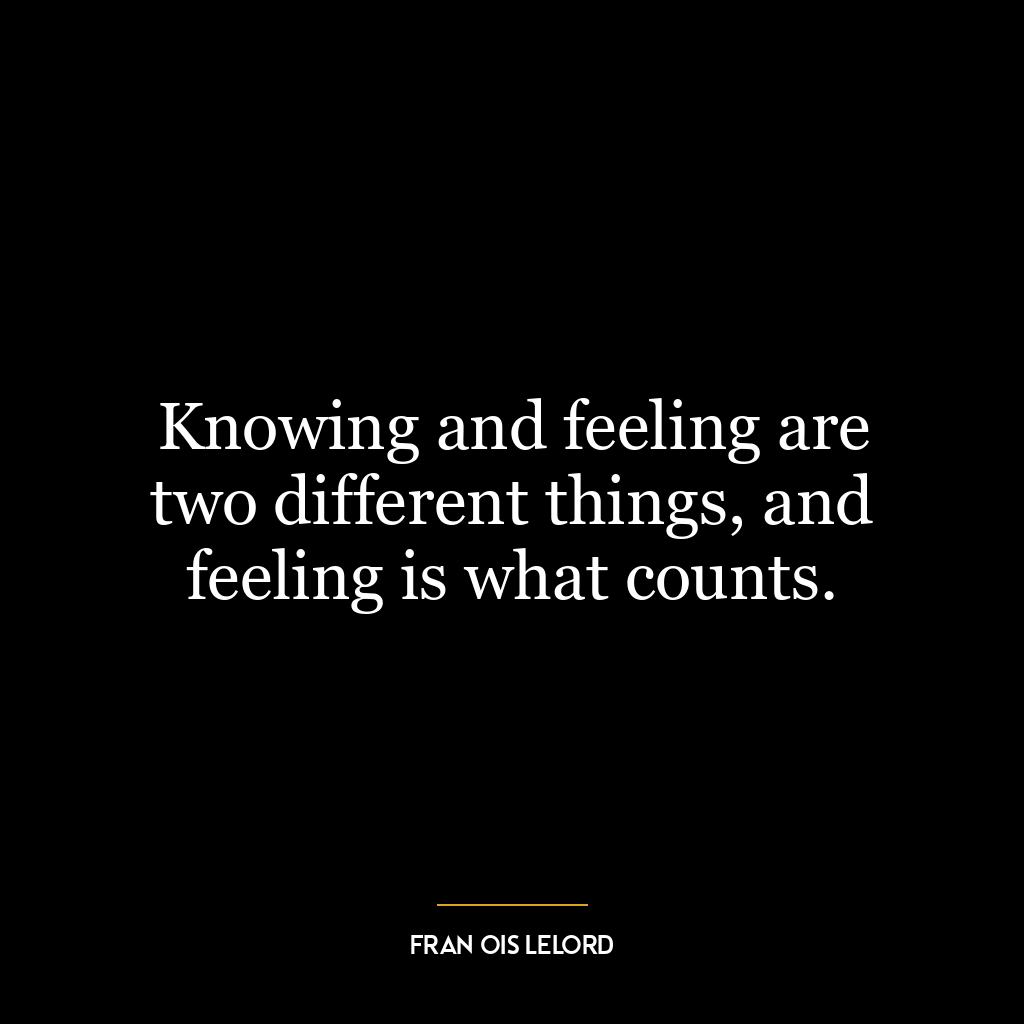Knowing something is not as good as liking it. Liking something is not as good as rejoicing in it.
This quote by Confucius is a profound reflection on the nature of knowledge, passion, and joy. At its core, it suggests that the depth of our engagement with something is more important than mere knowledge of it.
The first part, “Knowing something is not as good as liking it,” implies that having knowledge about something is not as valuable as having an emotional connection or passion for it. You may know a lot about a certain subject, but if you don’t like it or have any interest in it, your understanding and appreciation of it will be superficial. It’s the difference between memorizing facts for a test and genuinely enjoying a subject. The former might get you a good grade, but the latter will lead to a deeper understanding and potentially a lifelong pursuit of knowledge in that area.
The second part, “Liking something is not as good as rejoicing in it,” takes this idea a step further. It suggests that even liking or being passionate about something is not as fulfilling as truly rejoicing in it. To rejoice in something is to derive deep, meaningful joy and satisfaction from it. It’s a state of being where you are not just interested in something, but it brings you happiness and enriches your life.
In today’s world, this quote can be applied in various ways, particularly in the realm of personal development and career choices. Often, people choose careers based on what they know they’re good at, rather than what they love. This quote encourages us to seek out what we love and what brings us joy, rather than settling for what we merely know or are competent at.
It also underscores the importance of finding joy in the small things in life. In our fast-paced, achievement-oriented society, we often overlook the importance of simply rejoicing in the moment. This quote is a reminder to not just seek knowledge or follow our passions, but to find and celebrate joy in our everyday lives.
In conclusion, this quote is a call to move beyond mere knowledge, to seek out passion, and most importantly, to find joy. It’s a reminder that the highest form of engagement with the world around us comes from a place of joy and celebration, not just knowledge or interest.









